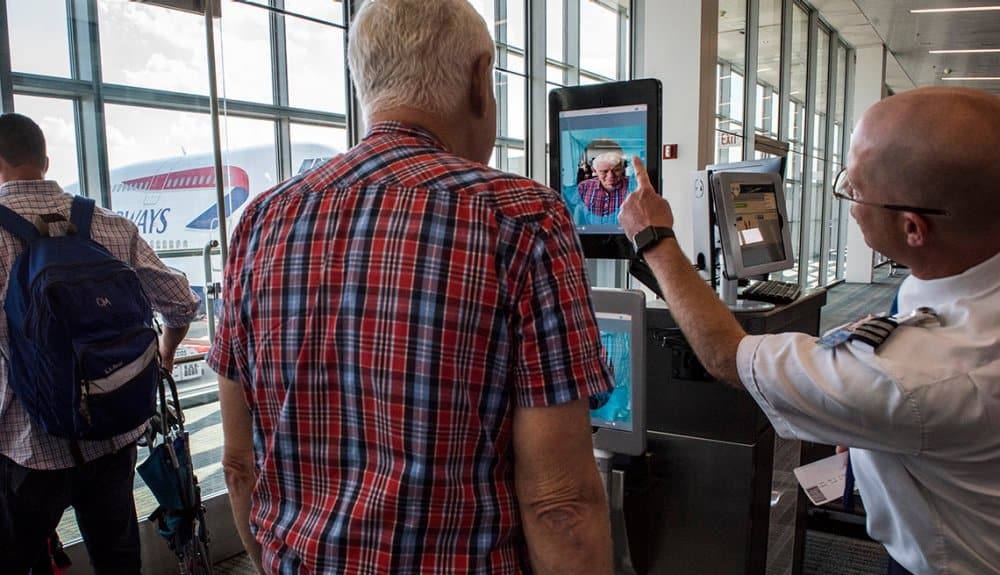Travelers transiting through Josep Tarradellas Barcelona-El Prat Airport will no longer need boarding passes or physical documents. Since 2021, Aena, in collaboration with Vueling, initiated a pilot project that in 2024 has culminated in the launch of facial recognition as a method of access to both the security checkpoint and the aircraft.
This new system, supported by biometric technology, has proven to be efficient and is expected to transform the travel experience, eliminating the need for paperwork and streamlining screening processes.
Following the success of the pilot project with Vueling, the system is in its initial phase and is available at security checkpoints and boarding gates on certain domestic and international flights. The intention is to extend it to all flights in the coming months.
Facial recognition begins at El Prat
Biometric technology allows passengers to be identified through their faces, avoiding the need to show boarding passes or documentation. This approach not only speeds up the process, but also simplifies it for travelers.
The biometrics are designed to work in conjunction with the Aena application, where passengers must register to use the system.
Simple steps for travel
- Download the Aena app: passengers must download the Aena app on their mobile devices.
- Biometric Registration: the first time, users register in the biometric system through the application.
- Activation per booking: for subsequent flights, facial recognition only needs to be activated after booking using the ‘Manage your booking’ function.
- Available for several airlines: the system is available for customers of Vueling, Iberia, Air Europa and Binter.
Security and data protection
A key concern with the implementation of biometrics is the security and privacy of biometric data. Aena is the entity in charge of safeguarding this information, ensuring that airlines do not have access to it for use or transfer to third parties.
This method has already been successfully tested on Vueling’s Barcelona-Malaga route and has been extended to other Spanish airports, such as Madrid, Palma, Menorca and Ibiza. The next phase will include implementation at Tenerife Norte and Gran Canaria airports in the coming months.
The future of travel
Vueling states that “biometrics will become the standard for travel in the coming years”.
Although the use of facial recognition at airports raises privacy concerns, Aena assures that the data remains in its systems and is only shared with law enforcement and public authorities when necessary to comply with legal obligations.
The implementation of facial recognition at El Prat marks a milestone in the digital transformation of aviation.

